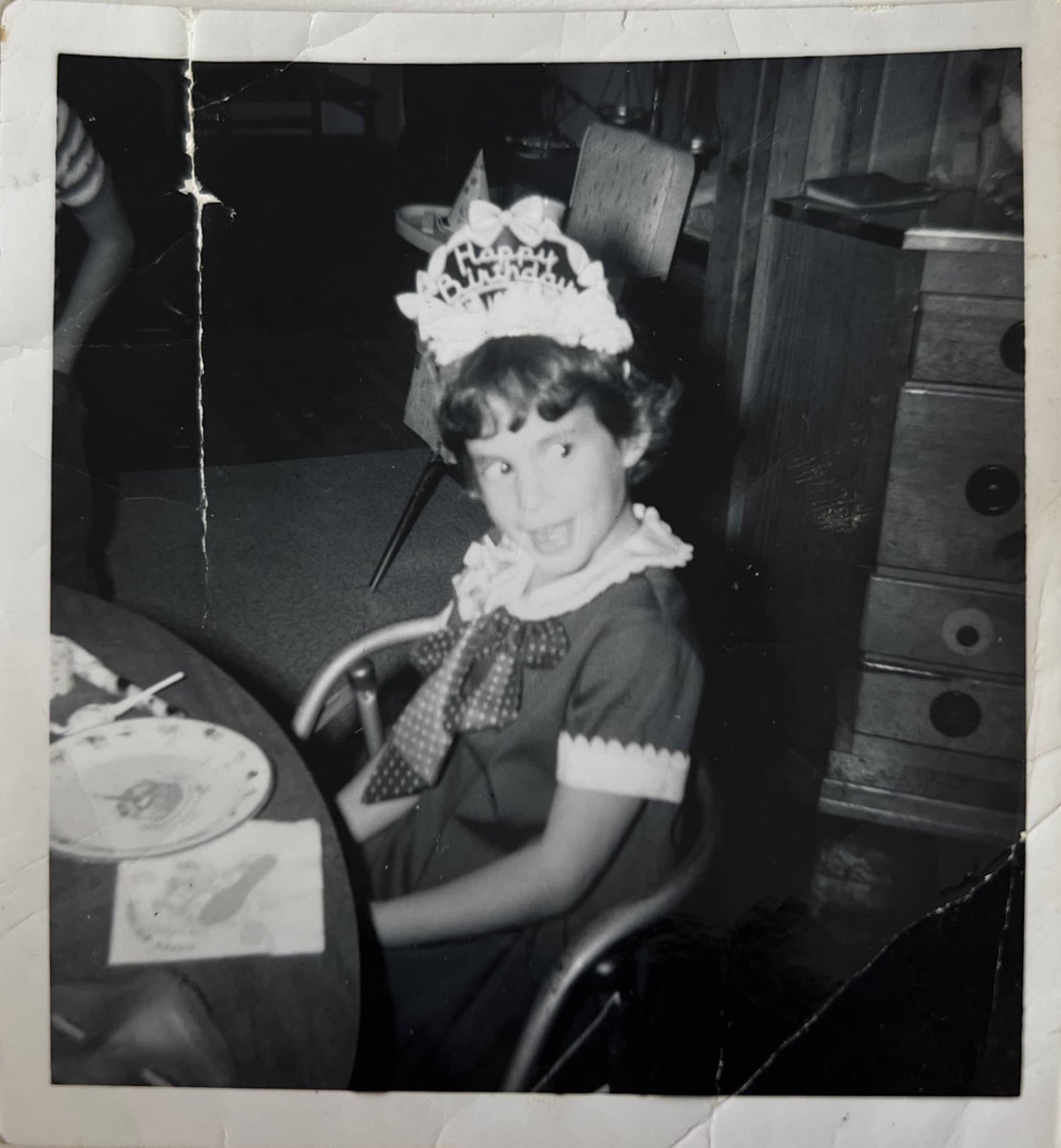My Story
Born in 1961, during a time when awareness of my condition was limited, I grew up as a selective mute. Early on, I recognized that my brain functioned differently. The peculiar communication, responses, and behavior of others perplexed me. Selective mutism was an intensely painful experience, accompanied by severe insomnia from a young age, and a tic disorder. Each morning, my entire body hurt, and I endured pain throughout the day. My inability to speak rendered me vulnerable, living in constant fear. Restless nights were filled with fearful thoughts and nightmares. Due to my heightened sensory awareness, I experienced constant extreme discomfort. Additionally, my heightened social sensitivity overwhelmed me and made it difficult to engage or respond. Each day was exhausting and often ended with bouts of crying.
At the age of 15, as my selective mutism became less severe, I had the opportunity to enroll in an alternative school that granted me access to college-level psychology courses. The unique setup of the school, where instructors and students mingled in the same lounge and collaborated together, opened doors to a wider perspective and fostered a deeper engagement with psychology and philosophy. Interacting with professors in these fields ignited my enthusiasm for exploration and learning.
At 17, I joined a Christian fundamentalist church. Working there full-time I studied the Bible with a scientific approach and delved into subjects like evolution and psychology. While questioning and adjusting my own beliefs based on what I learned, I became fascinated by the thinking of those around me who would adopt beliefs without any explanation or logical reasoning, defending them vehemently. This curiosity sparked an obsession within me to seek answers and delve deeper into understanding the underlying mechanisms of cognition. Cognitive science became a profound interest of mine as I delved into the exploration of how our minds work and why people hold certain beliefs.
I also faced significant challenges within the church due to the constant judgment surrounding my differences. One particular area of concern for others was my flat facial expression and my tendency to point out discrepancies in dogma. Moreover, I faced scrutiny for my bisexuality. The pastors, elders, and guest speakers would pray over me, attempting to "pray out" my bisexuality. This experience was psychologically distressing, leaving me feeling oppressed and emotionally wounded.
I married at the age of 21 and had two children. Being a wife and mother is the most fulfilling experience I’ve ever had.
As time went on, my exploration of science and religion led me to the realization that the religious dogma I had been exposed to did not originate from a divine source. This realization, combined with the continuous social rejection, oppressive authoritarian leadership, and harsh judgment ultimately led me to make the difficult decision to leave the church after 18 years of involvement.
Regretfully, my marriage ended at the same time. The challenges we faced were intricate, with much of the strain rooted in my unaddressed special needs like sensory and social sensitivities. These struggles were intensified by our affiliation with the authoritarian church, which hindered our understanding and support for one another's needs. As circumstances evolved, the influence of the group, combined with individual pressures, drove us apart.
Over the course of the next 10 years, I embarked on a journey of unraveling my own cognitive biases and delving deeper into my studies on religion and science, which eventually led me to the realization that I identify as an atheist.
Transitioning into corporate financial institutions, I observed frequent communication breakdowns and identified cognitive biases in people's thinking patterns. I encountered individuals hindered by social biases and became fascinated by their inability to perceive beyond the social sphere. This sparked my exploration into autism, as studies suggested autistic individuals exhibit more logical thinking patterns and are less susceptible to cognitive biases.
After being laid off from my job of 16 years, I became acutely aware of the challenges posed by my differences. The inability to effectively cope with the layoff and find another job brought my disabilities into sharp focus. I struggled in interviews and training due to the subjective biases of those observing me. I navigated the system using tools like FMLA and ADA accommodations, constantly competing with top performers by relying on my intellect to compensate for social limitations. My journey was filled with discrimination, rejection, cruelty, and a longing for understanding.
Currently, I spend most of my time working on Allism Speaks , reading, and writing. I enjoy spending time with my two sons, beautiful daughter-in-laws, and three grandchildren. I enjoy the beach and biking, belong to several social groups, and regularly attend Recovering From Religion and Freethought Society meetings.
My story has led me to a deep understanding of the challenges faced by neurodivergent individuals in society. When expressing my struggles as someone truly different, dismissive remarks like "everyone is different" undermined my genuine suffering. There is a significant distinction between individual differences within a group and being fundamentally different from the entire group.
Through my website and consultation services, I aim to shed light on the experiences of being different, challenge groupthink, and promote empathy and acceptance for cognitive diversity. By offering insights, resources, and support, I strive to create a more inclusive and understanding world for all individuals, regardless of their neurodivergent or neurotypical traits.
Join me in creating a more inclusive and understanding world for all by making your donation now. Together, we can make a difference.


